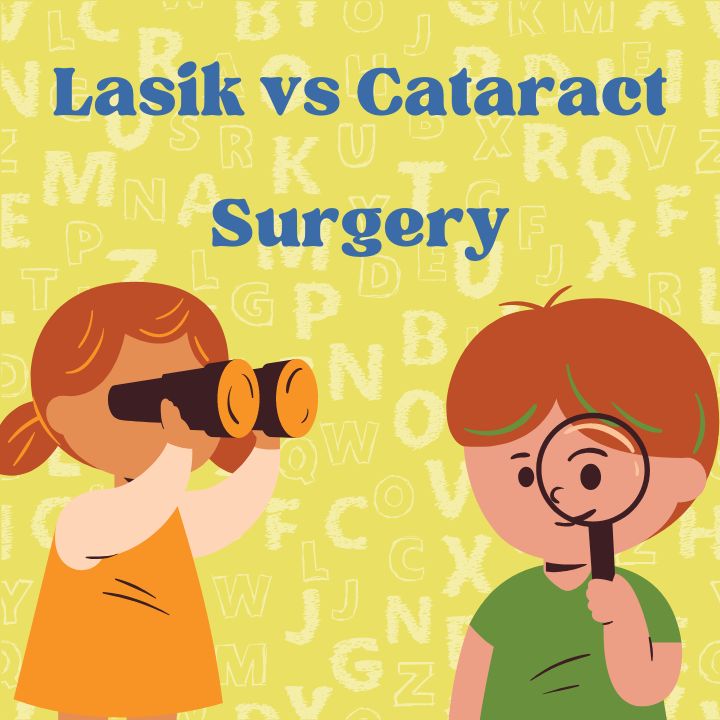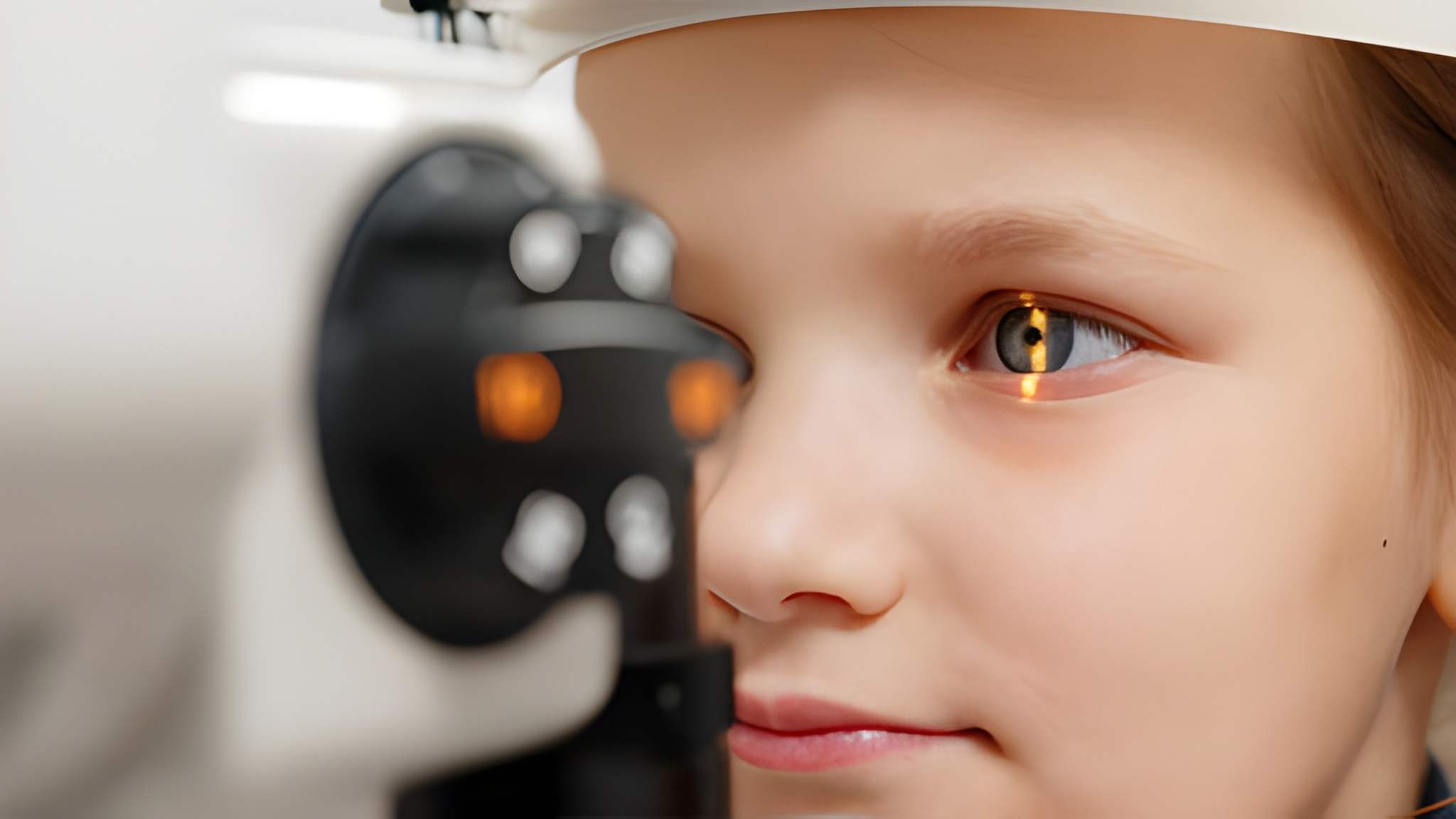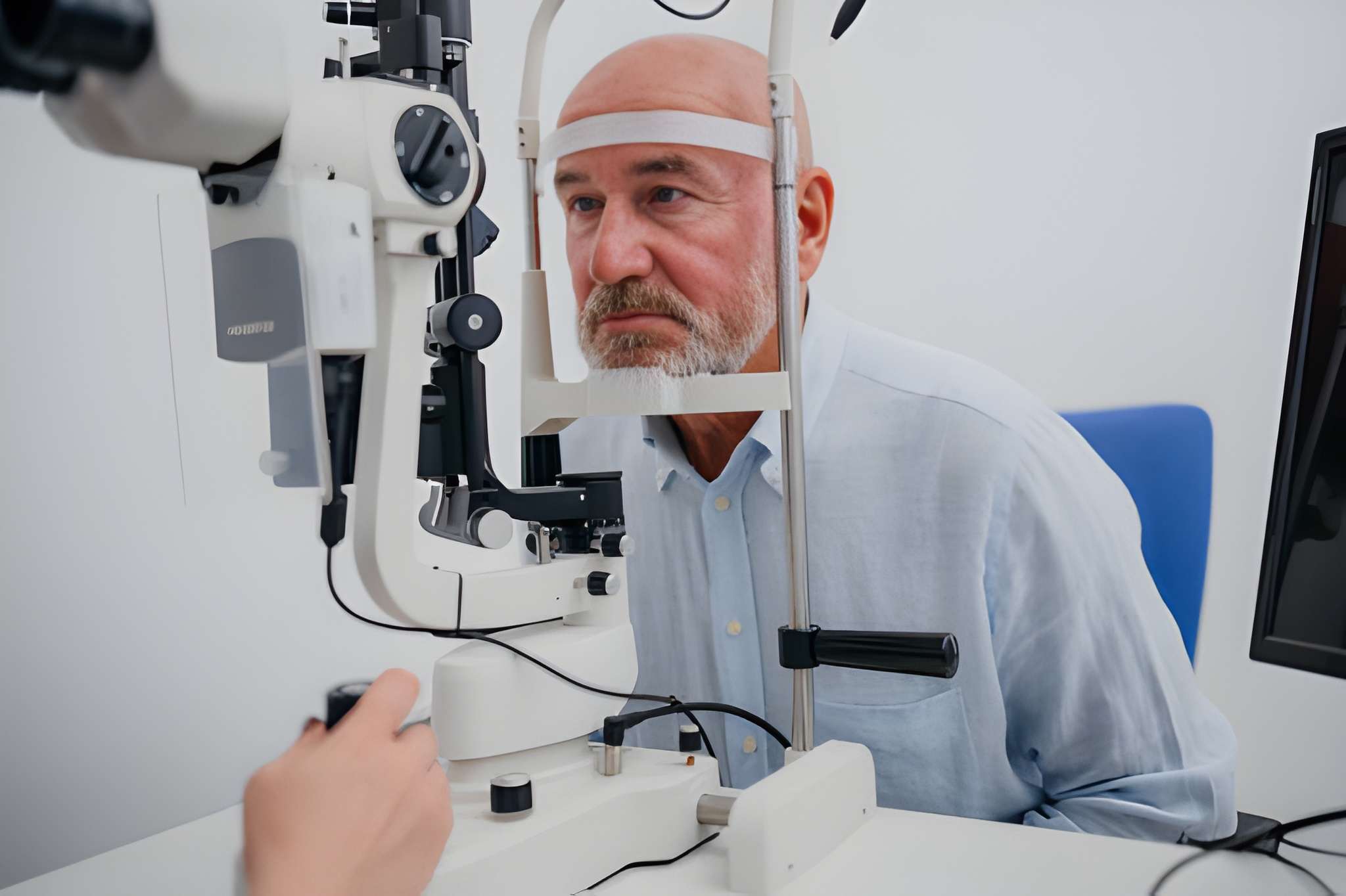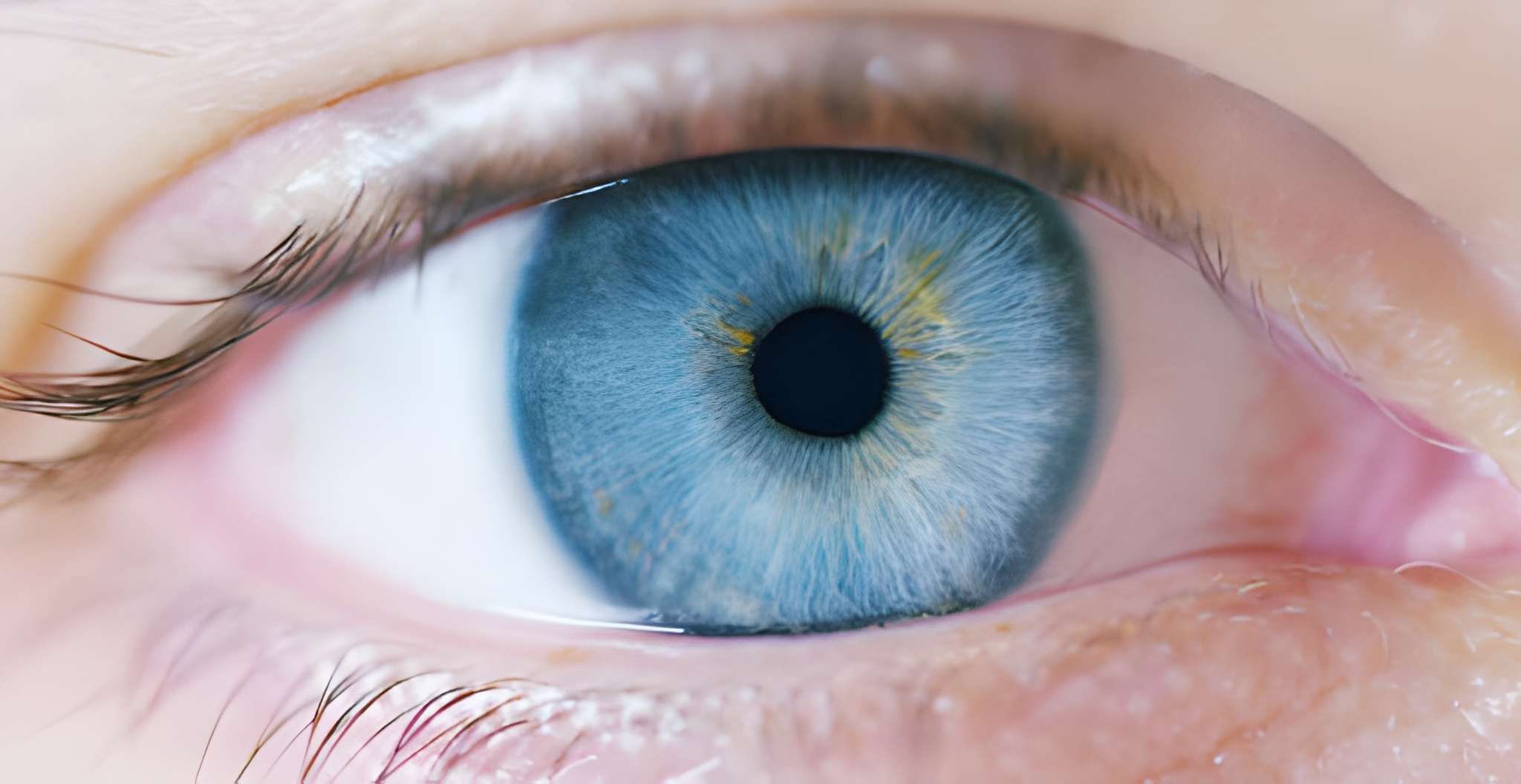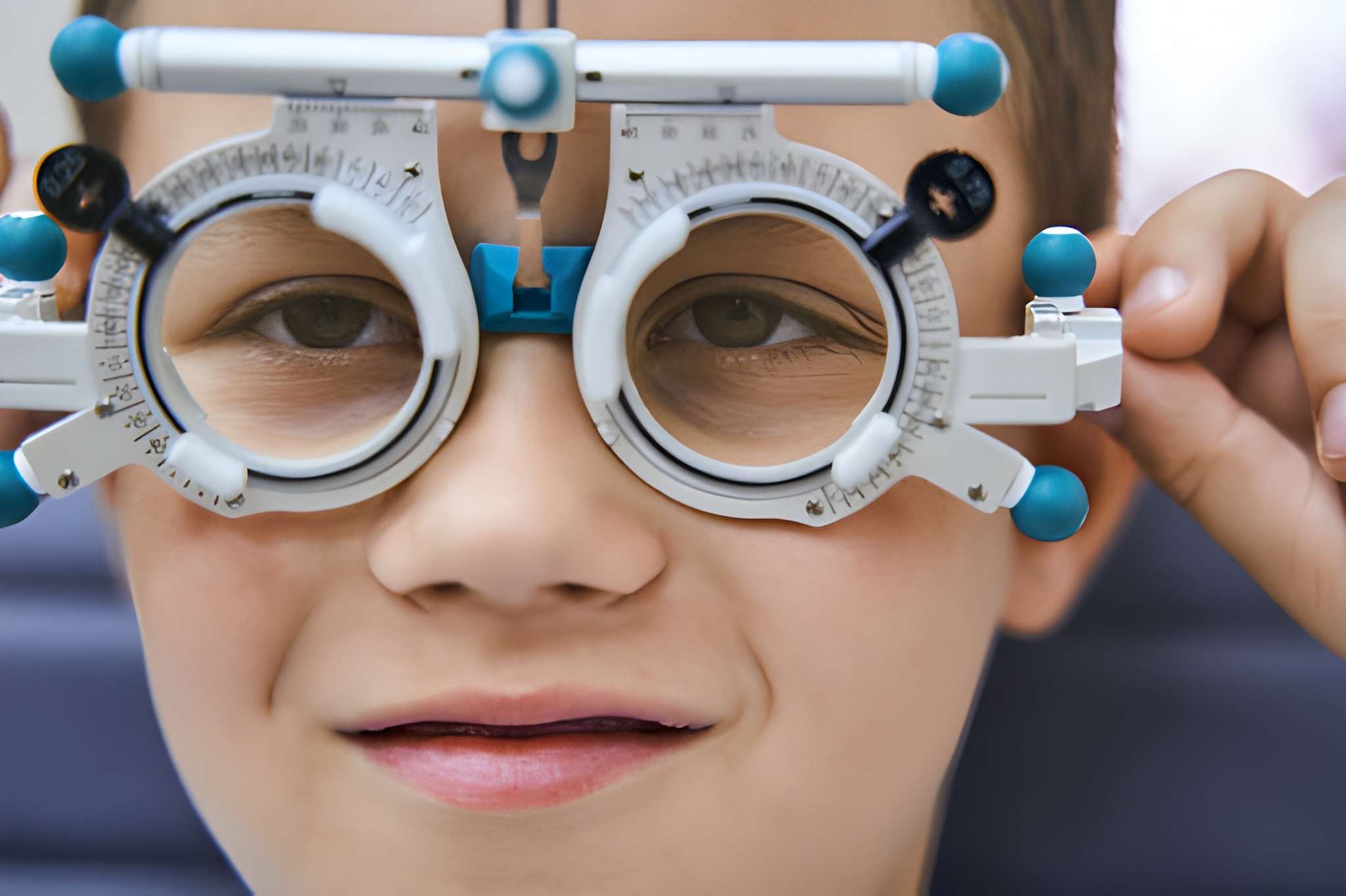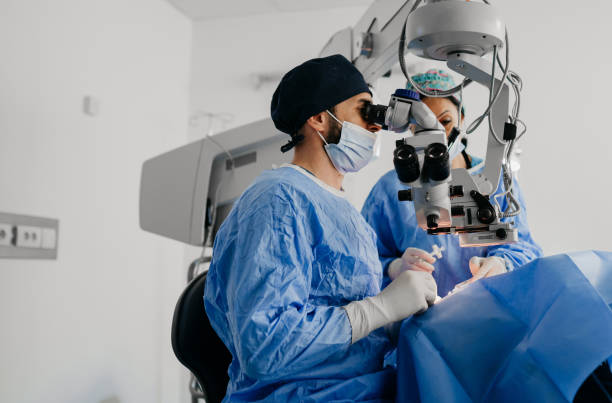When it comes to vision problems, two common procedures that often come up in discussions are Lasik and cataract surgery. These procedures are designed to address different issues and improve your vision, but they have distinct purposes, processes, and outcomes. In this article, we’ll delve into the clear and concise differences between Lasik and cataract surgery, helping you make an informed decision about which option is best for your needs.
Understanding Lasik Surgery
Lasik, which stands for “Laser-Assisted in Situ Keratomileusis,” is a procedure primarily aimed at correcting refractive errors such as nearsightedness (myopia), farsightedness (hyperopia), and astigmatism. This outpatient surgery involves reshaping the cornea—the transparent front part of the eye—using a laser to allow light to focus directly onto the retina, resulting in improved vision without the need for glasses or contact lenses.
Lasik surgery begins with the creation of a thin flap in the cornea’s outer layer. The surgeon then uses a laser to reshape the underlying corneal tissue, correcting the refractive error. The flap is then repositioned, and it adheres naturally without the need for stitches. Recovery time is relatively short, with most patients experiencing improved vision within a few days.
Lasik Eye Surgery Benefits and Risks
Exploring Cataract Surgery
Cataract surgery, on the other hand, is performed to treat cataracts—clouding of the eye’s natural lens that leads to blurred vision and visual impairment. This procedure involves removing the cloudy lens and replacing it with an artificial intraocular lens (IOL). Cataracts typically develop with age, causing colors to appear faded and vision to be hazy.
During cataract surgery, a tiny incision is made in the eye. The cloudy lens is gently broken apart and removed using ultrasound technology in a process called phacoemulsification. An IOL is then inserted in its place to restore clear vision. The IOL is customized to your vision needs, which can potentially reduce the need for glasses after the surgery.
How long does LASIK last?
Comparing the Objectives
The key distinction between Lasik and cataract surgery lies in their primary goals. Lasik is focused on reshaping the cornea to correct refractive errors and eliminate the need for corrective lenses, enhancing the quality of vision. On the other hand, cataract surgery aims to remove the cloudy lens caused by cataracts and replace it with an artificial lens to restore clear vision that was compromised due to the cataract.
Who Benefits from Each Procedure?
Lasik surgery is ideal for individuals who have refractive errors but do not have significant issues with their natural lenses. If you’re frustrated with glasses or contact lenses and wish to attain clearer vision, Lasik might be the solution you’re looking for. Cataract surgery, however, is designed for those experiencing visual impairment due to cataracts. If colors appear faded, night vision is poor, or daily activities are hindered by cataracts, cataract surgery can significantly improve your vision and overall quality of life.
Recovery and Results
Lasik surgery boasts a relatively quick recovery period. Most patients experience improved vision within a few days, although the full results may take several weeks to stabilize. Cataract surgery also offers a speedy recovery, with many patients noticing improved vision shortly after the procedure. However, it’s essential to note that the brain might need some time to adjust to the new IOL, and your vision might continue to improve over the following weeks.
Potential Need for Glasses
While Lasik aims to reduce or eliminate the need for glasses, some patients might still require glasses for specific activities, such as reading or driving at night. On the other hand, cataract surgery can lead to decreased dependency on glasses for distance and near vision, but you might still need glasses for fine-tuning certain tasks.
The final Decision is Yours.
In the realm of vision correction, both Lasik and cataract surgery hold essential roles. The decision between the two largely depends on your specific needs. If you’re dealing with refractive errors and want to liberate yourself from glasses, Lasik might be your best bet. However, if cataracts are affecting your quality of life and making daily activities a challenge, cataract surgery can restore your clear vision.
Visit Dr-Qasim Qasem Clinic
At Dr. Qasim Qasem Best Eye Specialist in Dubai Clinic, we prioritize your visual well-being and provide personalized consultations to guide you toward the most suitable solution. Whether it’s Lasik or cataract surgery, our experienced team is here to ensure you achieve optimal vision and an improved quality of life.
Remember, making an informed decision about your vision is crucial, so consult with our experts to determine the best course of action for your unique needs. Your journey to a clearer vision starts with a conversation—schedule your consultation today at dr-Qasim.com.
Read More: Eye Laser Treatment Cost in Dubai



